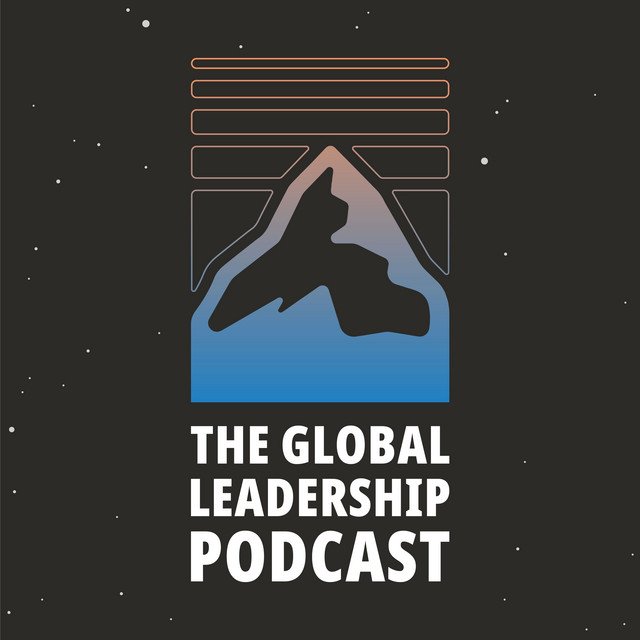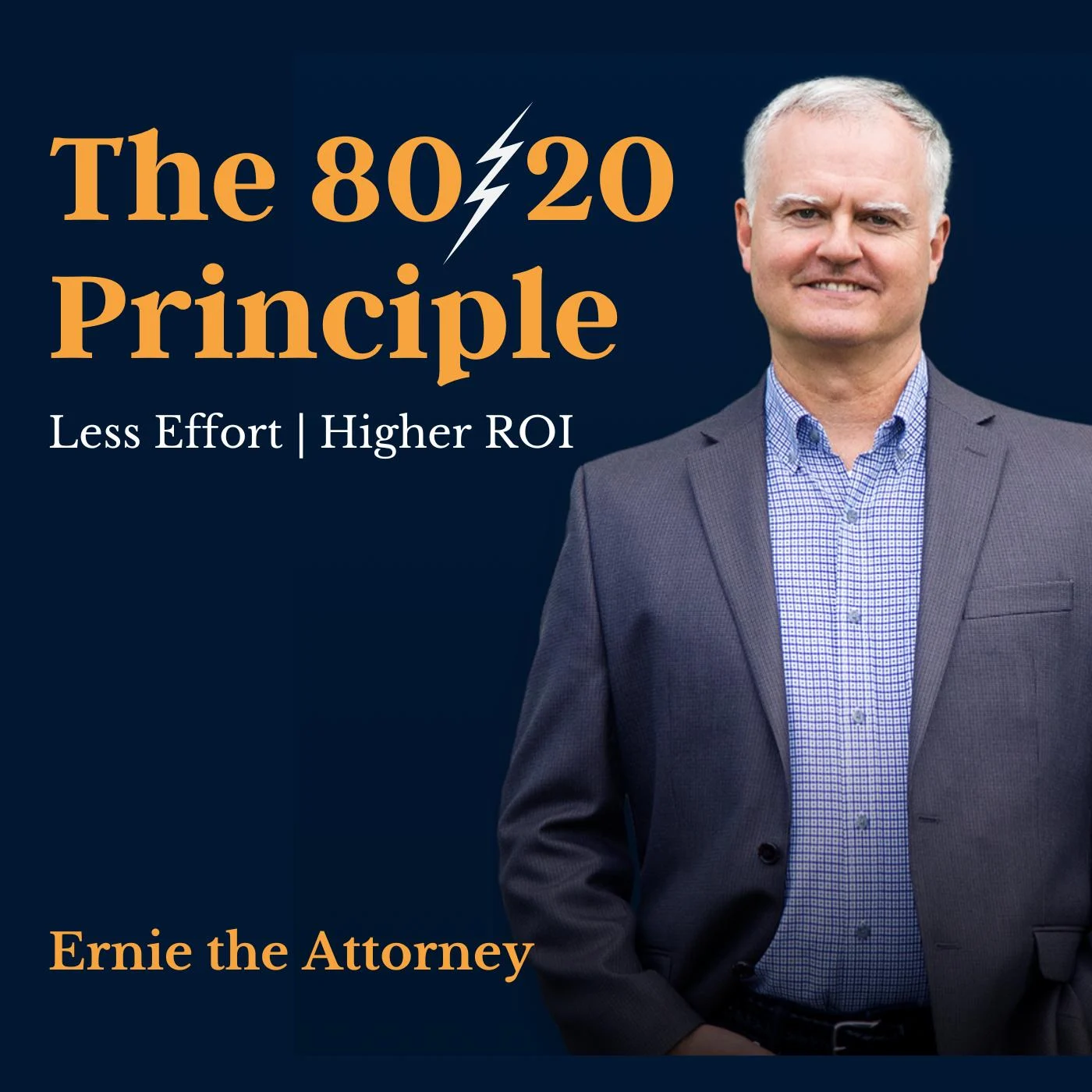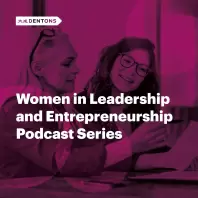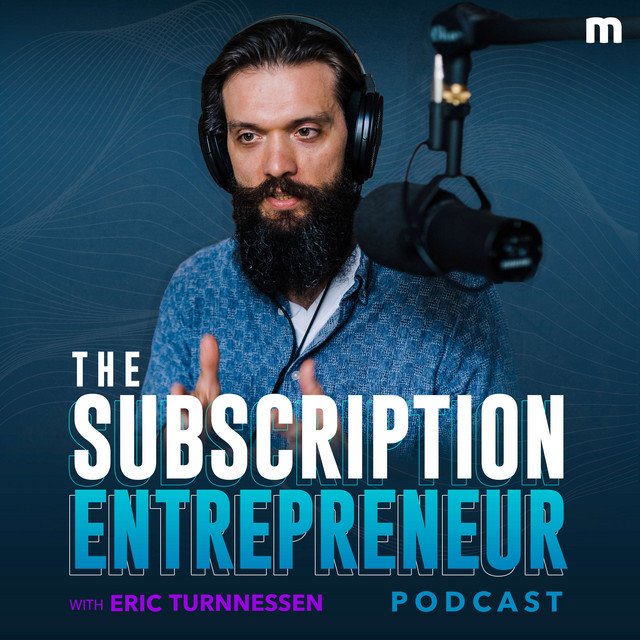Have a message for Karena? She'd love to hear from you and share your comment or question on air!
Leave Karena a voicemail: https://www.speakpipe.com/KarenaDawn
What happens when a cancer diagnosis collides with raising $10 million in venture capital?
On this episode of The Big Silence, Karena sits down with Vanessa Rissetto, registered dietitian, CEO and co-founder of Culina Health, and cancer survivor who’s redefining resilience. From growing up in a Haitian household to building the only nutrition company backed by a big insurance provider, Vanessa’s story is proof that success is about more than grit — it’s about honesty, boundaries, and balance. She opens up about her diagnosis, how entrepreneurship pushed her to the brink, and why learning to say “no” has become her ultimate health strategy.
How Do We Redefine Health and Success Beyond Hustle Culture?
Vanessa shares how her cancer journey shifted her perspective from chasing external validation to prioritizing joy, mental health, and self-care, while still leading a groundbreaking health-tech company.
(00:01:00) From Dietitian to Tech CEO: Building Culina Health
- Why Vanessa decided to take insurance when most dietitians catered only to the elite
- How COVID opened doors for telehealth and scaled her business to $1M in under a year
- The bold move that got Blue Cross Blue Shield on her cap table — a first in the industry
- Her mindset shift: every investor “no” was just practice for the next “yes”
(00:10:30) Cancer, Entrepreneurship, and the Cost of External Validation
- The overlooked symptom that led to Vanessa’s breast cancer diagnosis
- Raising $10M in venture funding while undergoing treatment — and why she now calls it “f***ing stupid”
- How avoidance, anxiety, and resentment crept in post-diagnosis
- The power of saying “no” as a complete sentence
(00:17:00) Back to Basics: Nutrition, Myths, and Mental Health
- Why she believes restrictive diets like keto miss the bigger picture
- The truth about protein, fasting, and why micro-counting often backfires
- How Vanessa balances Doritos, home-cooked meals, and plant-based principles
- Nutrition as behavior change, not just “eat more vegetables”
(00:29:00) Therapy, Caregiving, and Whole-Person Healing
- How Culina Health integrates with physicians and therapists for 360° care
- The role of dietitians in eating disorder recovery and mental health support
- Why therapy for caregivers is just as important as therapy for patients
- Vanessa’s own two-therapist system: one for trauma, one for feelings
(00:35:00) Menopause, Midlife, and Finding Joy
- Her experience with medically induced menopause and brain fog
- Why women need different strategies after 35
- How AI is reshaping the future of nutrition and health-tech
- The freedom of midlife: smaller circles, more joy, and living on your own terms
Thanks for the support from our partners, including:
Guest Resources
If this episode moved you, please consider supporting The Big Silence Foundation and exploring our resources:
Connect with The










